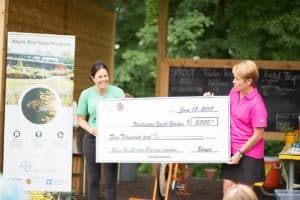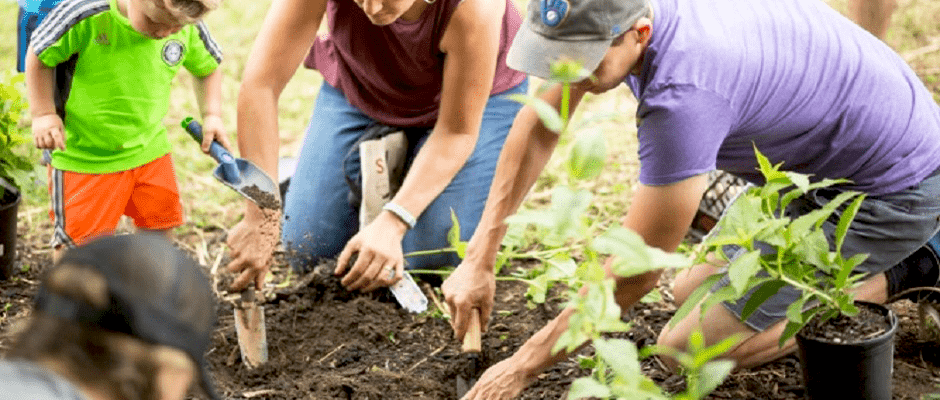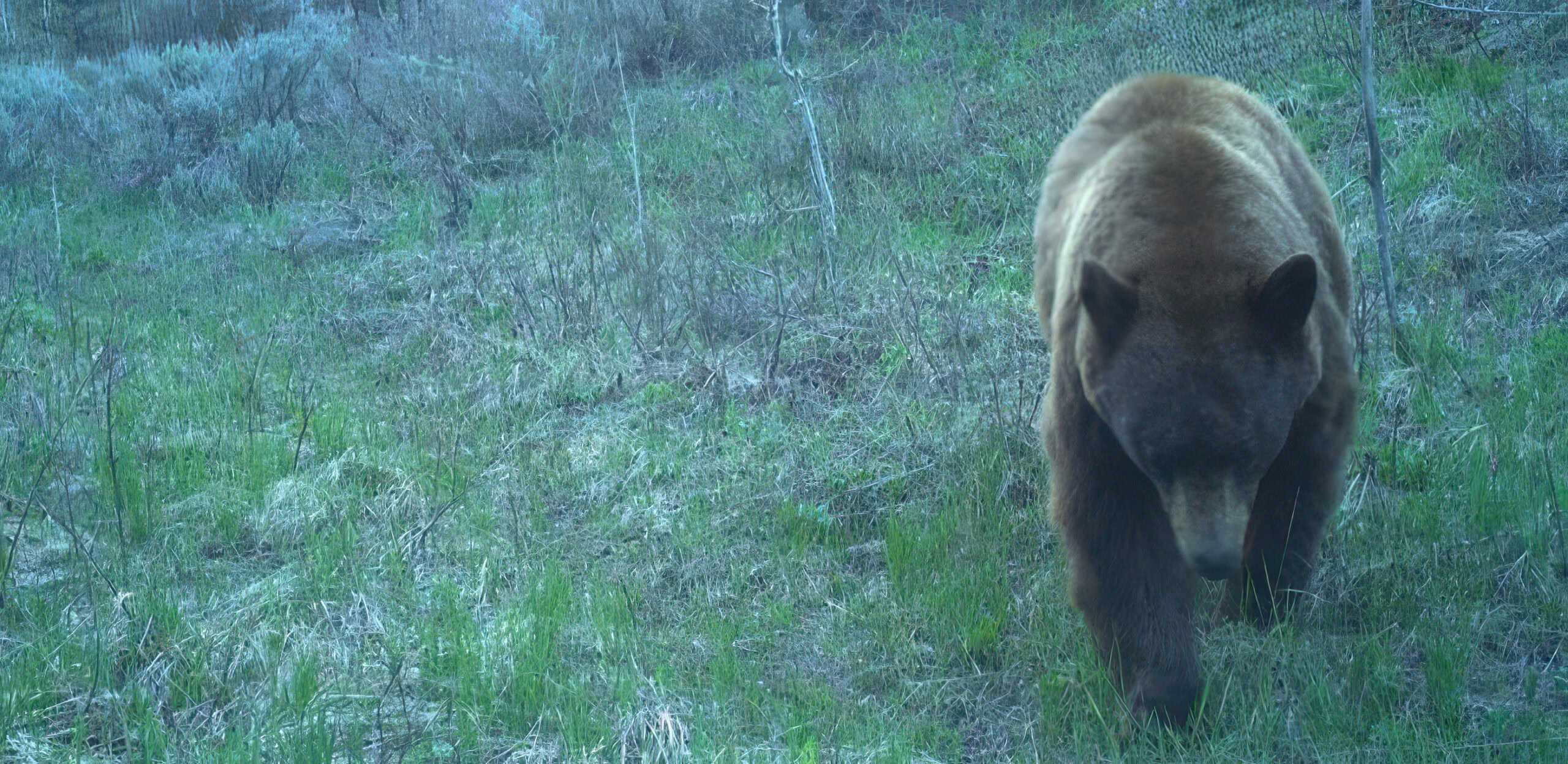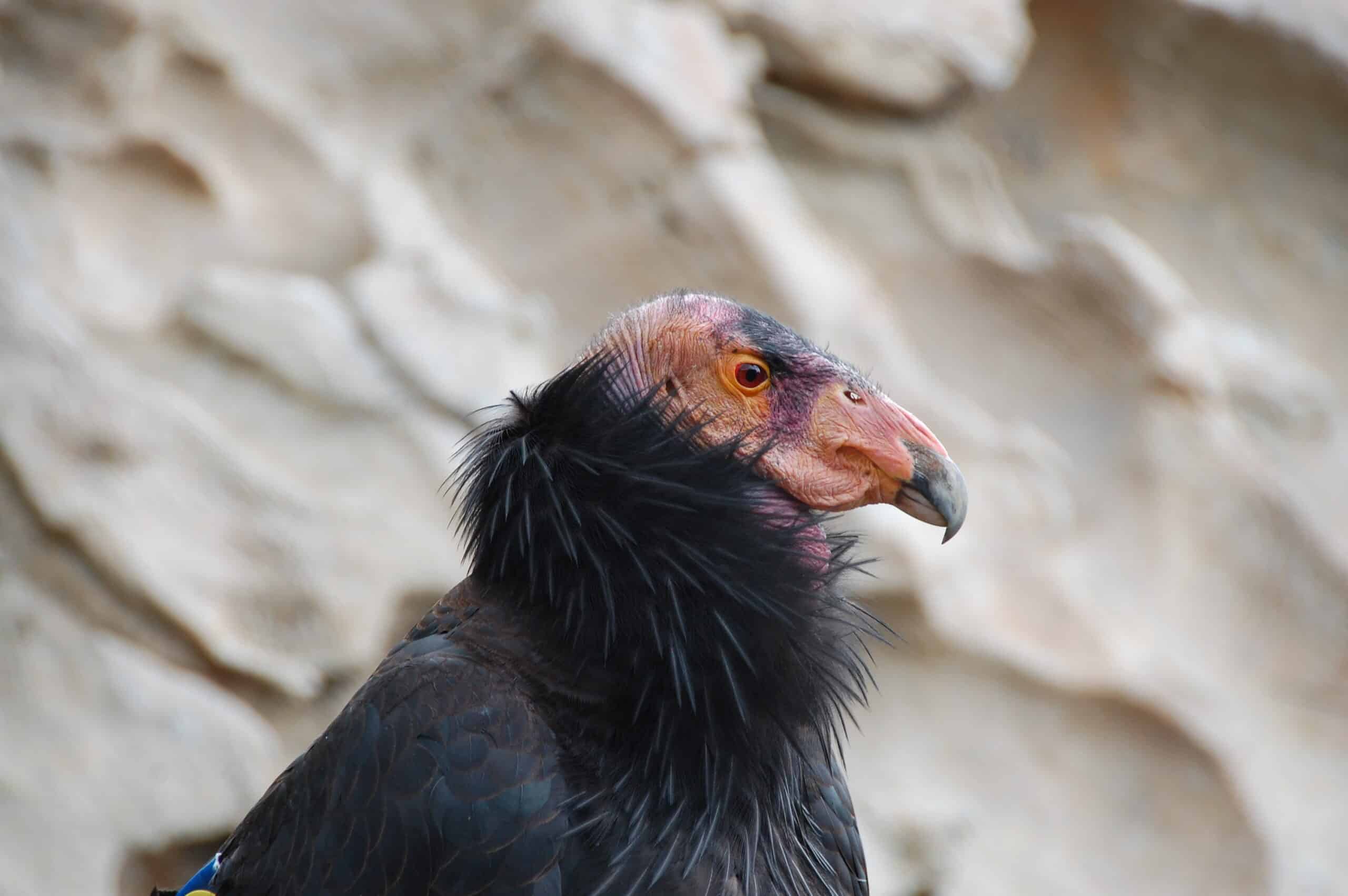Share this article
Buzzing from coast to coast
Feed a Bee, Bayer Bee Care’s initiative for increasing pollinator forage and education across the United States, is well underway in its third year. Since its inception, the program has engaged with more than 1 million people and planted more than 3 billion wildflowers in support of pollinator health.
The program kicked off 2017 by announcing its latest goal — become a catalyst for planting forage in all 50 states by the end of 2018. In order to accomplish this goal, Bayer initiated a call for proposals to fund forage projects being conducted by organizations of all types in increments of $1,000, $2,500 or $5,000. The program is receiving applications nearly every day; a steering committee, comprised of 14 representatives from various sectors and industries with a passion for pollinators, reviews them on a rolling basis.
The committee has been blown away by the many great projects happening across the country in support of pollinator health. We are proud to announce that for the first round of funding, 58 organizations from more than 30 states and Washington, D.C., have been accepted. This puts us well over halfway to our goal of planting in every state before the end of 2018! The first round of funding consisted of proposals submitted prior to March 31, and the committee is hard at work reviewing applications for our second round of acceptances, which will be announced in mid-August.
The official plantings funded by these forage grants commenced with an event at the Washington Youth Garden in Washington, D.C., one of our $5,000 grant recipients. We were honored to celebrate National Pollinator Week on Saturday, June 17, with this organization as they broke ground for the restoration of their Butterfly and Pollinator Garden during the first Family Garden Day of 2017. Parents and children from across the city joined to learn about the importance of pollinators to food production through fun games and activities, including pitching in to plant the garden’s newly formed pollinator patch and getting an up-close look at colony life through a live observation hive.
We look forward to seeing future updates from the Washington Youth Garden as they make progress on their Butterfly and Pollinator Garden, as well as the many other funded projects that will be completed throughout the rest of the year to provide forage and habitat for some of agriculture’s hardest workers.
 Coming up soon, Feed a Bee will be working with three of our grantees to plant coast-to-coast for National Honey Bee Day on August 19, ensuring that pollinators on the East Coast, West Coast and in between enjoy the benefits of ample forage provided through the work of our grant recipients. Stay tuned for an official announcement that week of which U.S. cities we’ll visit for this national celebration and for a comprehensive list of round two Feed a Bee grantees. Several national parks and wildlife refuges have also joined in our quest to cover the entire country with pollinator forage, and we’ll be providing a closer look into how they’re impacting their local communities and educating others in the coming months.
Coming up soon, Feed a Bee will be working with three of our grantees to plant coast-to-coast for National Honey Bee Day on August 19, ensuring that pollinators on the East Coast, West Coast and in between enjoy the benefits of ample forage provided through the work of our grant recipients. Stay tuned for an official announcement that week of which U.S. cities we’ll visit for this national celebration and for a comprehensive list of round two Feed a Bee grantees. Several national parks and wildlife refuges have also joined in our quest to cover the entire country with pollinator forage, and we’ll be providing a closer look into how they’re impacting their local communities and educating others in the coming months.
Some other deserving organizations that have received Feed a Bee forage grants include master gardeners, universities, beekeepers, forest and wildlife services, land trusts, community parks, homeowners associations, nonprofits, schools and more!
Just a few of the buzz-worthy stories we’ve heard thus far include pollinator planting field days for the community, school plantings involving students in establishing butterfly bushes and scattering seeds and boat tours and education sessions showcasing the integetrated vegetation management progress that can be made while planting pollinator forage.
We’re eager to see more innovative ideas come to life through the work of our many passionate grantees and to share their stories with you.
Rolling applications for Feed a Bee forage grants are being accepted for the next round of funding. See here for more information on how you can apply.
Header Image: Bayer funds the Washington Youth Garden forage project and (planting) Washington Youth Garden planting day.








